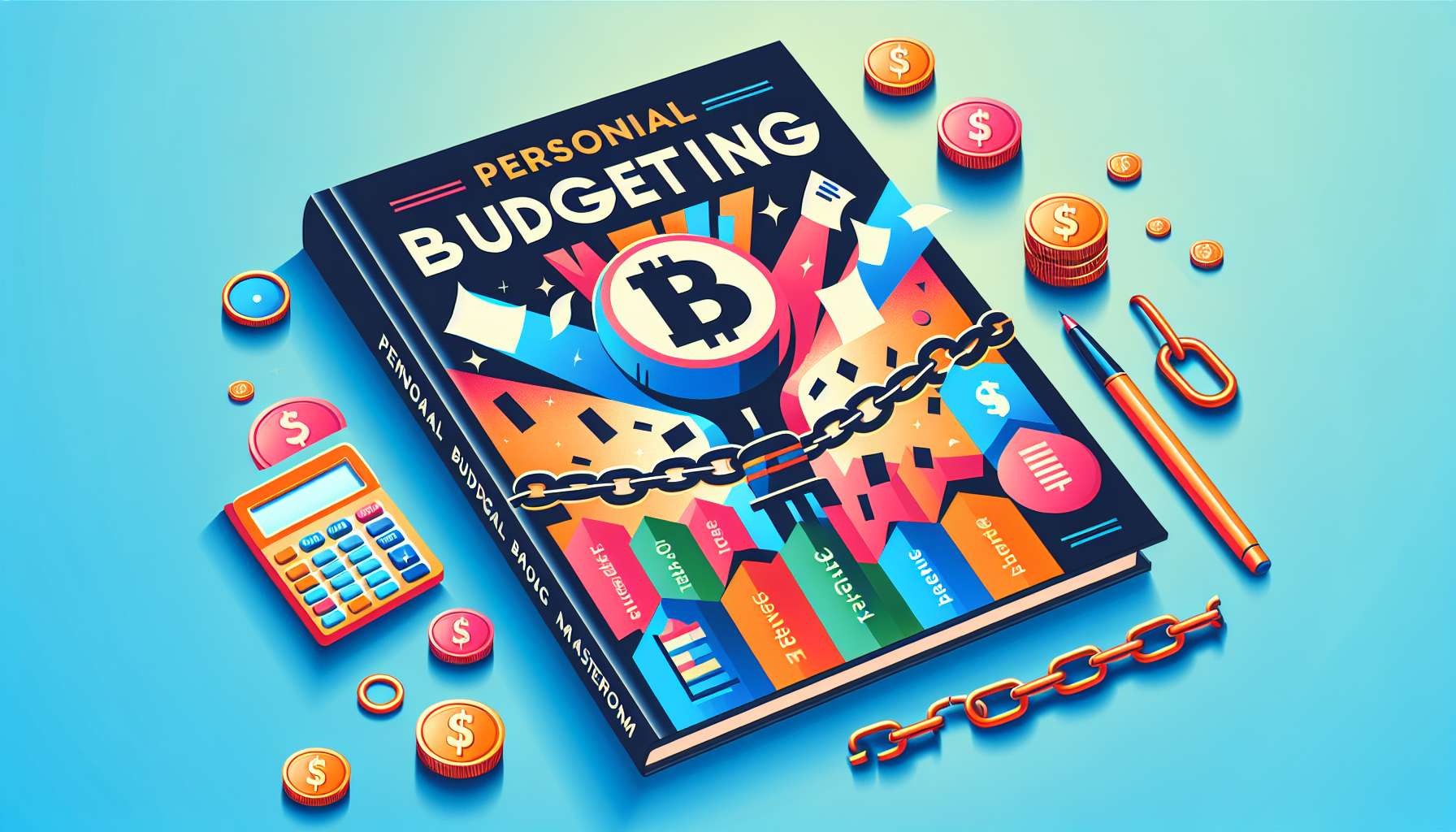Master Personal Budgeting to Achieve Financial Freedom: A Comprehensive Guide


In a world that’s ever-evolving and filled with financial opportunities and challenges, personal budgeting emerges as a cornerstone of financial health. It’s not just a habit but a skill that ensures your money works for you, not the other way around. Whether you’re an individual trying to secure your family’s future or a young professional visualizing early retirement, understanding personal budgeting can streamline all endeavors.
Anúncios
A budget acts as a blueprint for your financial activities, providing a structured pathway towards reaching your monetary goals, both immediate and in the distant future. You can foster healthier spending habits and save for unforeseen emergencies, with accurate budgeting. This article sheds light on the intricacies of personal budgeting and presents actionable advice to elevate your financial acumen.
By dissecting the nuts and bolts of personal budgeting, you unlock financial literacy that propels you towards self-sufficiency and economic independence. Personal budgets extend beyond simple spreadsheets filled with numbers; they are comprehensive frameworks that capture your entire financial life. This skill helps to guard against unnecessary debts, while allowing for meaningful savings grown over time.
To create a successful personal budget, you must first map out your total income. This picture consists of wages, side hustles, dividends, and other financial streams. When you have a full account of your income, managing your monthly financial activities becomes straightforward, allowing you to establish a well-rounded financial strategy.
Distinguish between fixed and variable expenses for a fine-tuned budget. Fixed expenses, like mortgages and insurance, stay constant, while variable expenses, such as dining out and groceries, fluctuate. Recognizing these differences helps you pinpoint areas for potential savings and adjust your spending behavior accordingly.
Setting solid financial goals is a prime driver in personal budgeting. Whether you are looking to clear off debt, save for a trip, or construct a rainy-day fund, your financial targets should visibly reflect within your budgeting framework, ensuring consistent progress each month.
Essential Aspects of Personal Budgeting
The 50/30/20 rule is a tried-and-true budgeting declaration, advising you to harness 50% of income on needs, 30% on wants, and 20% on savings and debt repayment. This adaptable method is the foundational guidance for achieving balance in expenditure and savings without feeling financially overextended.
In today’s technologically driven era, budgeting apps are potent tools for managing money. Apps like Mint and YNAB make it easier to keep tabs on expenses while providing practical reminders and financial insights. These digital aids are invaluable in staying on track towards realizing your financial aspirations.
While some prefer traditional methods like manual expense tracking with notebooks, mindfulness of each finance-related decision fosters a clear understanding of personal spending tendencies. It may require more effort, but the payoff comes in the form of improved financial self-awareness and discipline.
Characteristics of Effective Personal Budgeting
- Understanding total income
- Identifying fixed versus variable expenses
- Setting clear financial goals
- Applying the 50/30/20 rule
- Utilizing budgeting tools
Benefits of Mastering Personal Budgeting
Mastering personal budgeting extends vast benefits including increased savings, decreased debt, and heightened ability to plan for future expenses effectively. This financial capability gives rise to confidence in your monetary actions, assuring you greater control over life’s unpredictable turns. Thus, personal budgeting becomes an indispensable ally in leading a financially secure life.
Achieving financial freedom begins with accountability in small expenditures and ensuring they don’t compound into bigger financial issues. By controlling minor daily costs through meticulous tracking, you preserve budgetary resources for pressing financial concerns and goals.
Acknowledging the necessity of an emergency fund is essential for enduring life’s uncertainties. Allocating 3-6 months’ worth of living expenses to this fund affords you a safety net during unanticipated financial turmoil, promoting peace of mind amidst life’s unpredictability.
Reviews and adjustments are key components in effective budgeting. As life circumstances shift—jobs change, family sizes adjust—adapt your budget to maintain alignment with your financial milestones, ensuring continued fiscal responsibility and goal achievement.
Cultivating a positive mindset by celebrating fiscal achievements can enhance motivation. Recognizing and rewarding small victories, like clearing a debt or growing savings, solidifies commitment to your budgeting journey and nurtures a lifelong habit of financial discipline.
Practicing fiscal accountability engenders a matured financial perspective, supplying you with the tools and confidence needed to manage financial obligations responsibly. Enhanced self-control paves the way for achieving your dreams, free from financial limitations.
- Empowers informed spending decisions
- Enhances savings capacity
- Mitigates debt risks
- Prepares for unforeseen expenses
- Promotes long-term financial health





